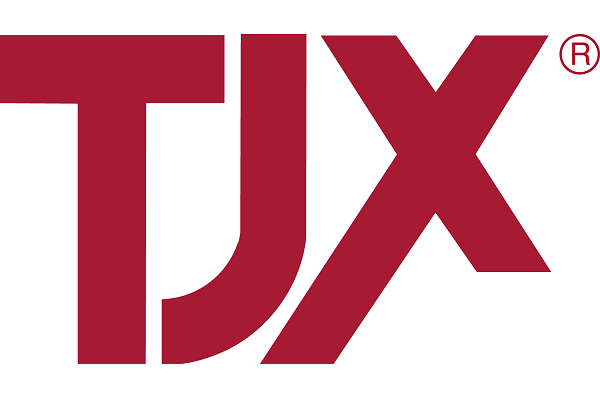TJX: A Rare Attractive Physical Retail Stock
Quick Summary
TJX Companies (TJX) operates over 4,500 off-price apparel and home fashion retail stores. Its flagship store banners are T.J. Maxx, with nearly 1,300 stores, and Marshalls, with just over 1,100 locations. TJX also operates about 800 HomeGoods stores in the U.S., about 600 locations (mostly under the T.K. Maxx banner) in Europe, and over 400 (mostly Winners and Marshalls) stores in Canada. TJX offers name-brand apparel and home goods by purchasing overstock inventory and then offering it to customers at 20-60% below regular retail prices. 51% of TJX sales are clothing/footwear, 33% are home goods, and 16% are jewelry and accessories. The company generates about 25% of revenues outside of the United States.

Does The Company Have Recurring And/Or Rising Revenues?
SOMEWHAT. Generally, we don't consider store retail recurring, except in certain cases. There is nothing structural about TJX's business that compels customers to spend there on a regular basis, although no doubt many do. Growth has been ok for such a large and mature retail concept, with annual sales growth holding at about 8%, driven by 3% comparable store growth and 4-5% store expansion. TJX is more than 2/3rds of the way to its store target in the U.S. and Canada, so most future growth will be driven from Europe.
Does The Company Have Durable Competitive Advantages?
YES. The brand name, off-price retail model has some structural characteristics that make it difficult to execute, and with over 4,500 stores and 21,000 vendors, we feel TJX has earned the ECONOMIES OF SCALE competitive advantage. Scale is important to this business model. For vendors, inventory liquidation is most attractive when done at a large scale with maximum flexibility (including partial assortments, limited sizes, etc.). At smaller scale it is cumbersome, time-consuming, and expensive. For retailers, buying in massive bulk is the only way to get unit prices low enough to offer the deals critical to the success of the business. TJX is the largest operator in this space, with only one real peer (Ross Stores). With scale a key factor and a limited number of key brand suppliers, we see barriers to entry as very high.
GreenDot Rating: YELLOW
In most cases, store-based apparel retail is a highly unattractive business model, and should almost always be avoided by investors. TJ Maxx is a notable exception. The off-price business model is quite difficult to achieve at scale. Establishing relationships with desirable brands and being able to secure enough product at prices that can be profitable at 20-60% below retail is no easy feat, and it naturally limits the market to just a few large players. It is also relatively e-commerce proof (as it relies on a "treasure hunt" shopping model), and durable against economic downturns (because items are low priced). TJ Maxx is an intriguing firm, but not enough to earn a GREEN rating. We still don't have recurring revenue, growth potential is ok but not impressive, and the in-store model still faces external risks (as the COVID pandemic showed). We assign it a YELLOW (somewhat attractive) stock rating.
Disclaimer: The content is provided by Alexander Online Properties LLC (AOP LLC) for informational purposes only. The material should not be considered as investment advice or used as the basis ...
moreComments
 No Thumbs up yet!
No Thumbs up yet!



